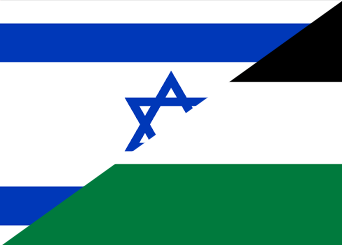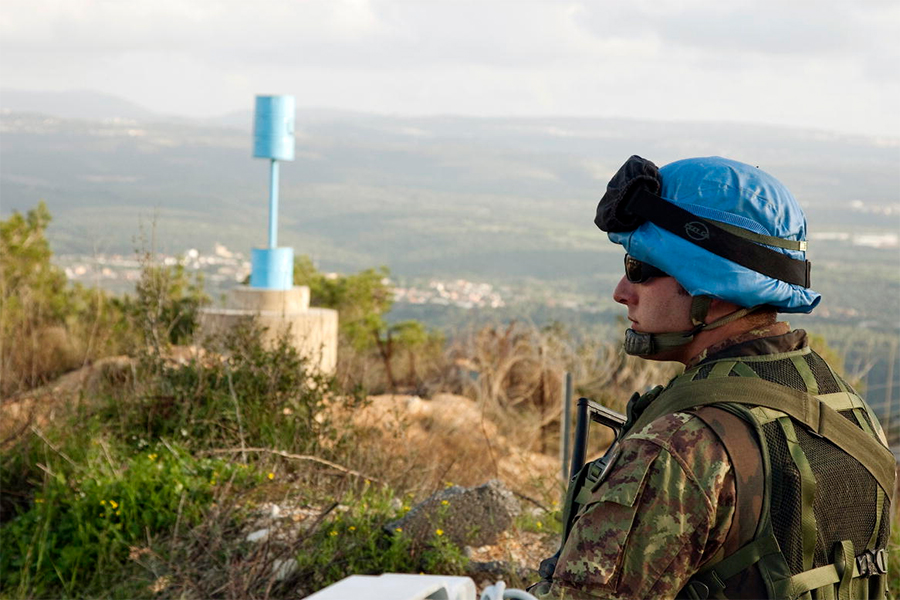Hezbollah instead expanded its military footprint along the border, prohibited UNIFIL from patrolling broad swaths of territory, and routinely harassed, assaulted, and even killed the force’s personnel.
According to official quarterly reports on UNIFIL’s activities, the force has continued operating inside Lebanon since October, when Hezbollah stepped up its attacks on Israel in solidarity with Hamas. The force’s activities included nearly 6,000 monthly vehicular patrols in south Lebanon, consisting on average of 389 border patrols and 542 counter-rocket-launching patrols (foot patrols are a separate category discussed below). Yet these seemingly impressive numbers do not account for the many sensitive areas UNIFIL has been completely barred from entering for years, in blatant violation of Resolution 1701. Moreover, the latest report (covering February 21-June 20) revealed a spike in the already-common “freedom of movement incidents”—specifically, thirty-eight discrete cases in which “plainclothes” Hezbollah members or their local supporters harassed UNIFIL patrols, threatened them with weapons, fired at them, stole their equipment, or blocked their communications signals.
Regarding the UN prohibition on Hezbollah’s military arsenal south of the Litani, UNIFIL rarely if ever seized the group’s weapons prior to the outbreak of war in October and Israel’s resultant air campaign. The latest report indicates that UNIFIL found and disposed of “unauthorized weapons” on seventeen occasions since February, “mostly mobile rocket launching platforms and rockets.” More tellingly, however, it has failed to investigate a single one of the more than 3,000 Hezbollah arms depots and other military sites targeted by Israel since October—including bombed-out bases run by Hezbollah’s supposed environmental group “Green Without Borders.”


